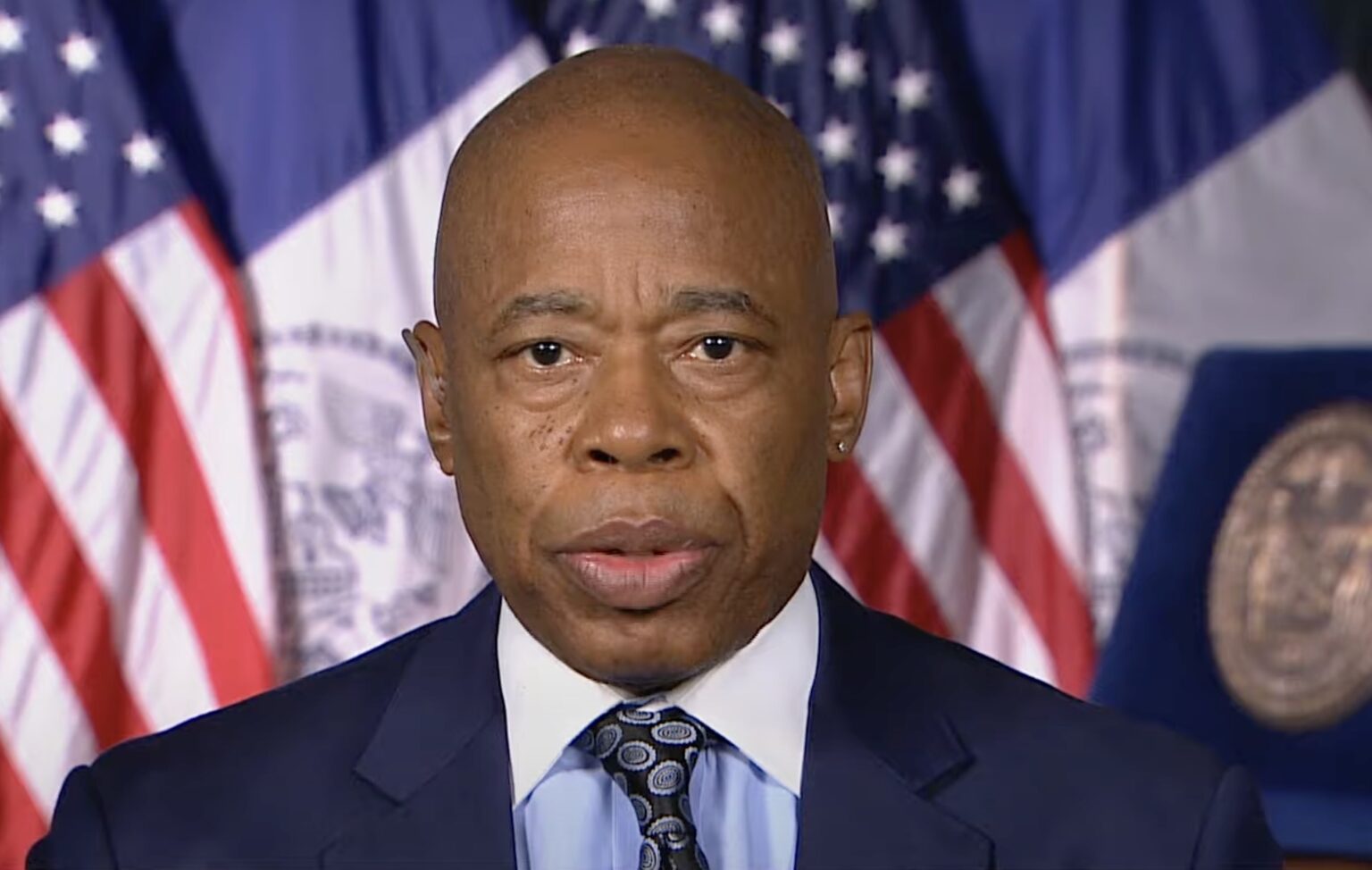New York City Mayor Eric Adams, a Democrat, has expressed his willingness to collaborate with President-elect Donald Trump on immigration reform, emphasizing the pressing issues facing cities due to migration. Adams’ advocacy for this collaboration comes amid a backdrop of political tensions and differing perceptions about immigration policies. He has notably sought to engage with the new administration, hoping for a more favorable reception than he received from the Biden administration. This willingness to engage reflects his longstanding commitment to address challenges such as public safety and immigration, which he believes are increasingly paramount to urban areas like New York City.
During a recent press briefing, Adams laid out his vision for federal immigration reform, which includes a robust wish list aimed at managing the influx of asylum seekers into cities. Key components of his proposed reforms include securing borders to enforce background checks for all entrants, redirecting new arrivals to areas with declining populations, and ensuring that immigrants are granted the legal ability to work. Adams’ approach indicates a nuanced understanding of the complexities surrounding immigration, as he seeks solutions that benefit both the immigrant population and the cities they enter.
Adams further articulated the evolution of voter concerns, highlighting a significant shift in priorities from public safety, which he stressed in 2021, to immigration issues in 2023. This change underscores the urgency he feels regarding the impact of migration on urban life and his desire to be heard on the matter. While he maintains a stance against mass deportation, he has frequently expressed concerns about the large number of illegal immigrants arriving in New York City, framing the issue as something that needs comprehensive management and dialogue.
In his comments regarding the allegations that Trump has fascist tendencies, Adams has taken a notably different approach than some in his party. He explicitly condemned the use of historical comparisons to figures like Adolf Hitler, asserting that such descriptions are not only incendiary but also fundamentally inaccurate. He has urged for a more reasoned and less heated political discourse, arguing that it is essential to focus on the real challenges at hand rather than resorting to hyperbolic comparisons that may undermine genuine efforts at understanding and problem-solving in the political landscape.
The mayor’s call for civility in discussions about immigration and politics signals a desire to depersonalize the debates that have become increasingly polarized. By advocating for calm and constructive conversations, Adams seeks to pave the way for pragmatic solutions that address the needs of both residents and immigrants. His insistence on direct communication with the Trump administration indicates a readiness to transcend partisan divides in favor of collaborative governance aimed at resolving critical issues facing cities.
Ultimately, Mayor Adams reflects a pragmatic approach to the complex and often contentious realm of immigration reform. His emphasis on constructive dialogue, coupled with a clear agenda for federal support, showcases his commitment to both the needs of his city’s residents and the aspirations of new immigrants. As the discourse around immigration continues to evolve, Adams’ willingness to engage with political adversaries could be a crucial factor in shaping policies that balance compassion with practical governance in the face of unprecedented migration challenges.

